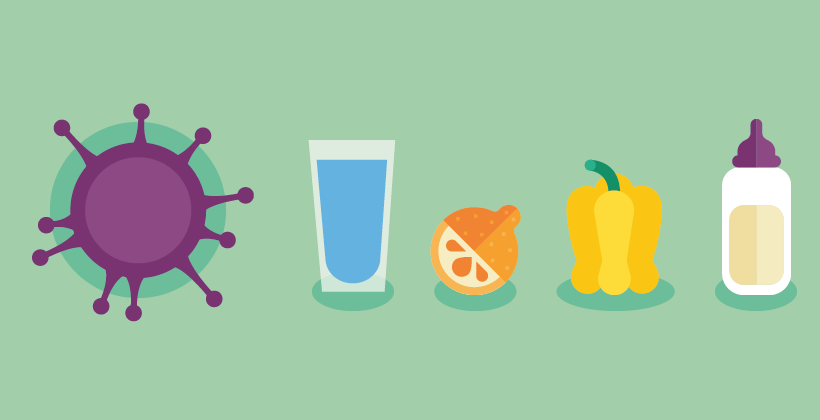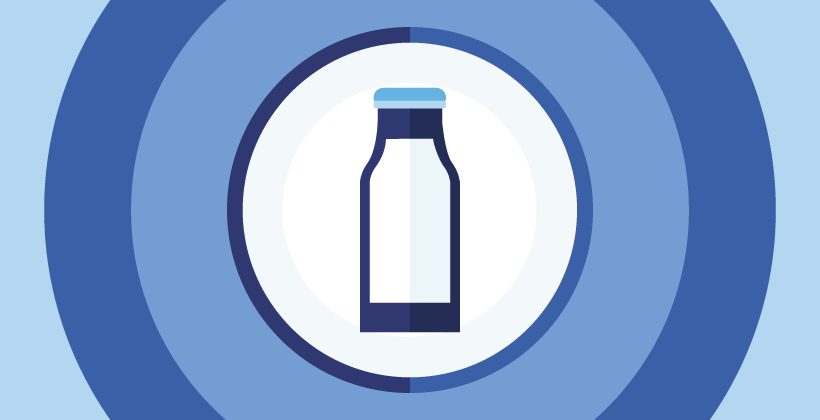Microbiological hazards

Microbiological contamination is a worldwide public health concern. The most reported causes of foodborne illnesses are of microbiological origin (e.g. bacteria, fungi, or viruses). Microbes are everywhere and can enter the food chain at any point from the farm to the kitchen. Quality assurance systems are integrated into the food supply to minimise the risk of microbiological contamination. We must all also take measures at home to handle food safely at home and reduce our risk of getting ill.
Food and coronavirus (COVID-19): what you need to know
03 November 2020There has been a lot of misinformation surrounding the relationship between COVID-19 and food. Here we will address some common questions and concerns.
Over 400k deaths worldwide each year caused by preventable foodborne illness, WHO estimates
14 January 2016One in 10 people fall ill every year from diseases caused by consuming unsafe food and water. The result is 420,000 deaths worldwide of which almost one third concern children under five...
Ebola (Q&A)
08 December 2014Ebola is a rare and often fatal acute illness, resulting from infection with one of the Ebola virus strains. The origin of Ebola virus is unknown, but fruit bats are considered the likely host.
What Are The Most Common Foodborne Viruses?
12 August 2014Viral foodborne illnesses are caused by a number of different viruses, which can contaminate foods during all stages of the food supply chain.
Consumption of raw milk poses a realistic and unnecessary health threat
01 October 2013Belgian researchers found that heat treatment does not alter the nutritional value of raw milk and that it remains the most effective method to increase its microbiological safety.




